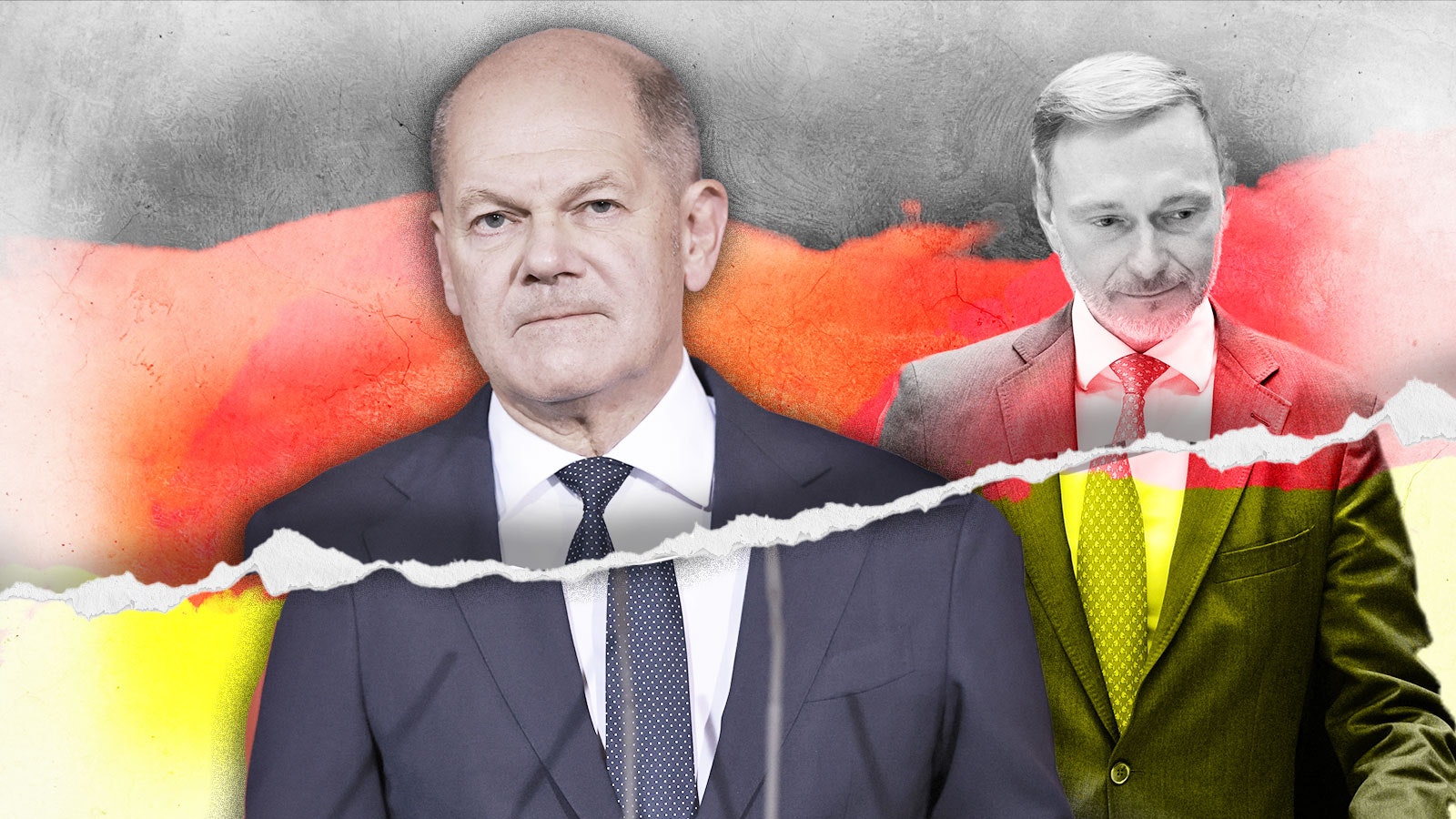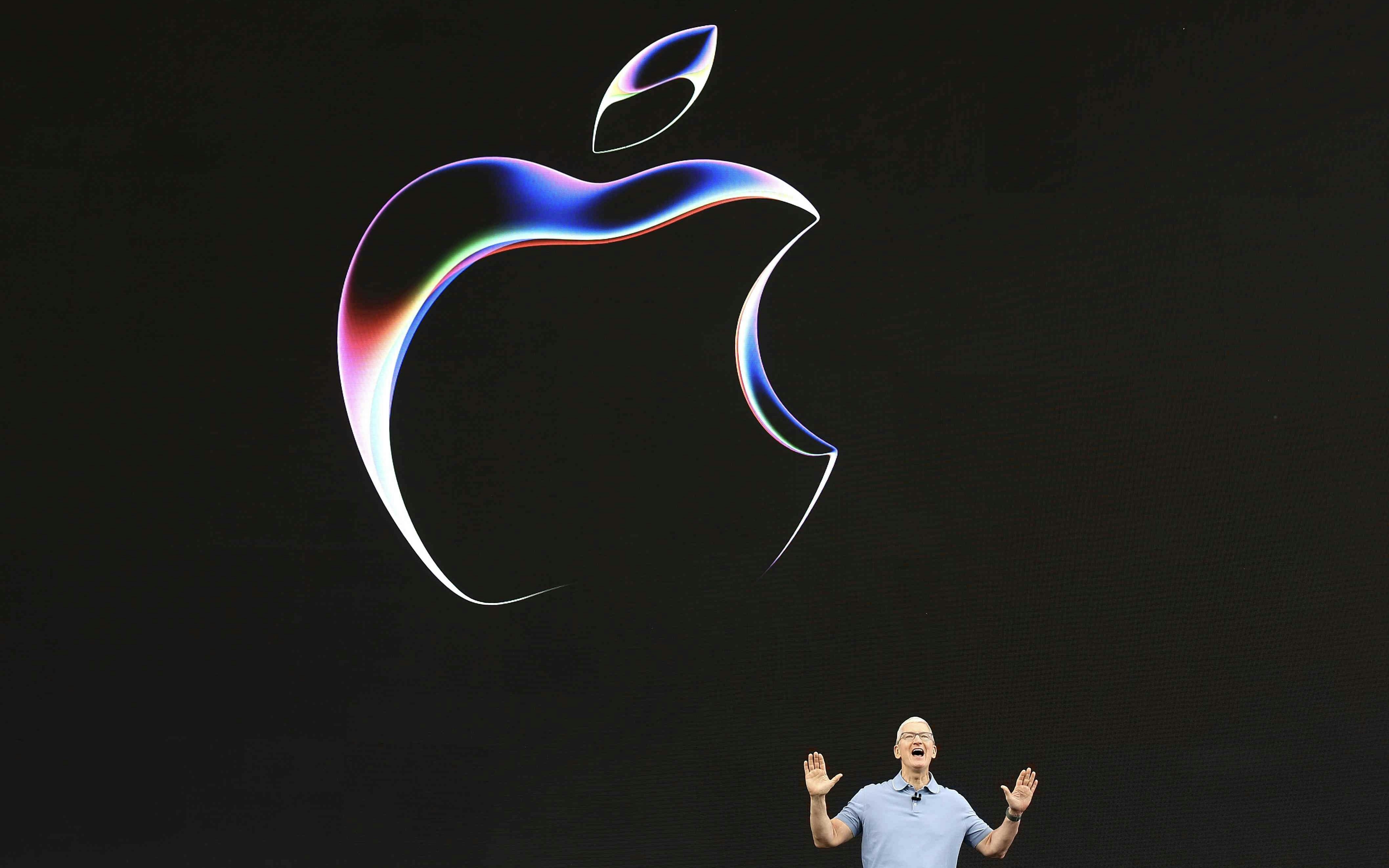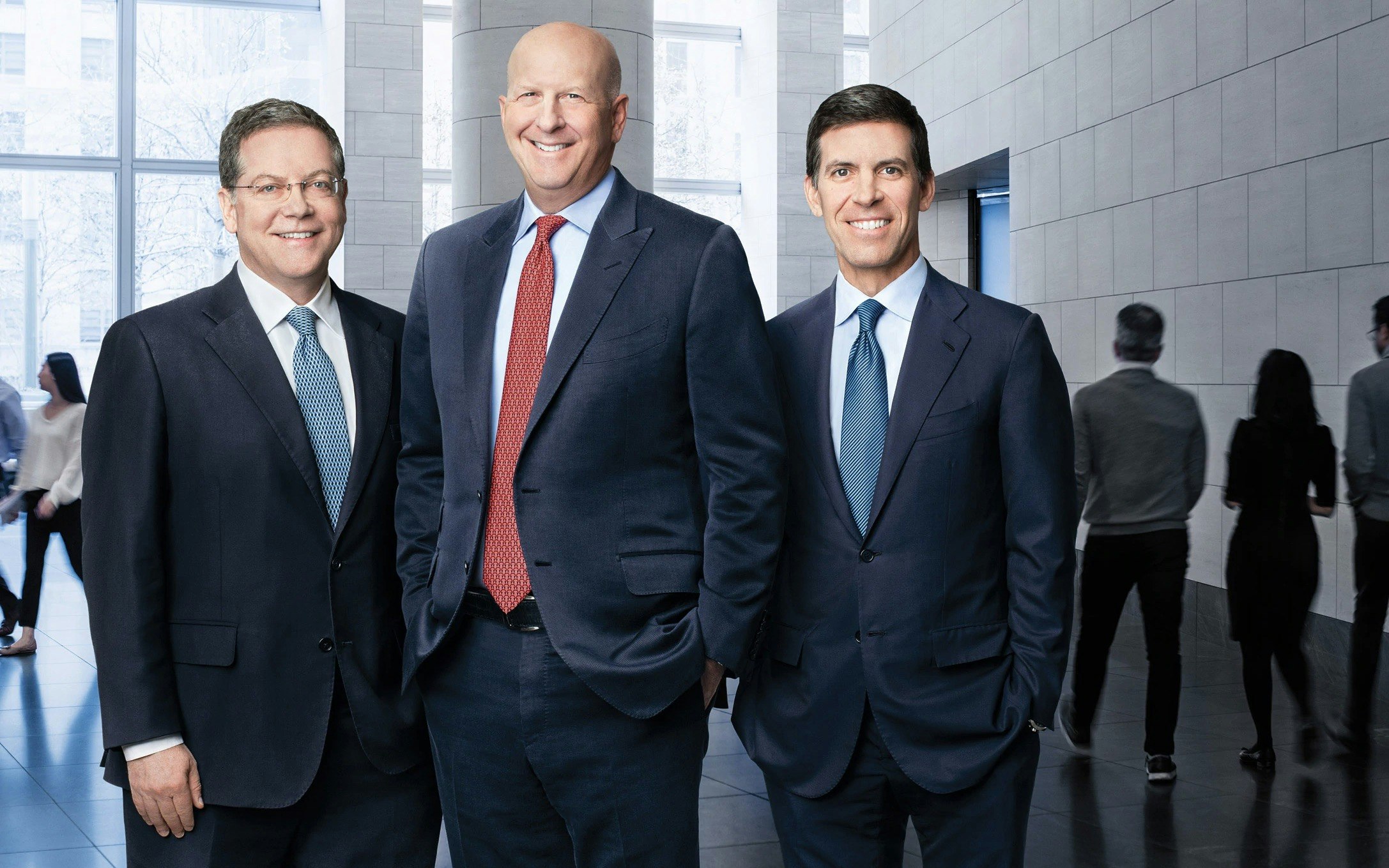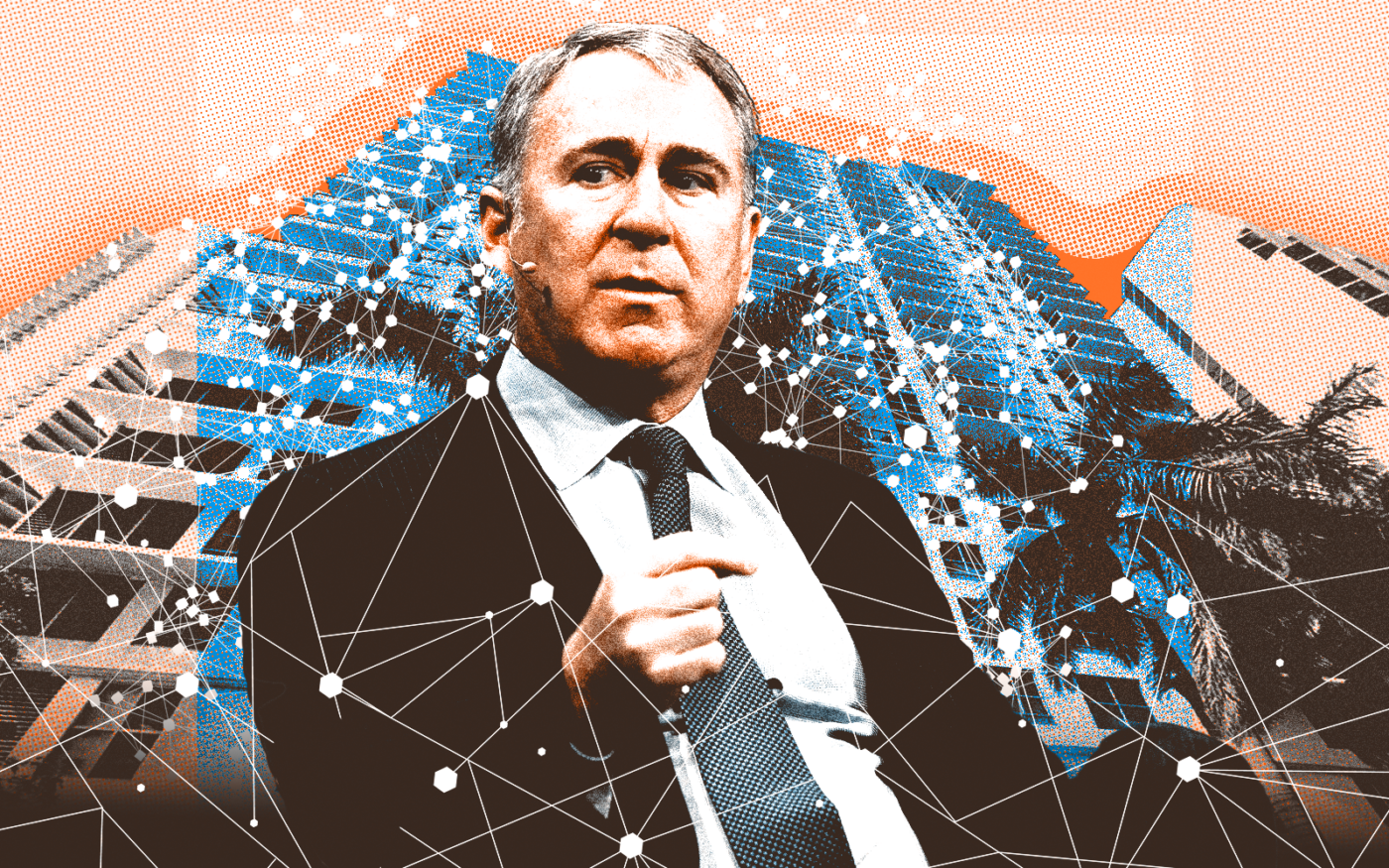Politics
Scholz throws Lindner out: When the savior becomes a boxer
How the Coalition of Contradictions in Berlin Broke and Why Olaf Scholz Was Prepared to Take the Ultimate Step

The stage in Berlin shook on Wednesday as Chancellor Olaf Scholz abruptly showed the previously loyal, albeit reserved, Finance Minister Christian Lindner the door. A rare, shocking scene for political Germany – and a moment likely to remain etched in the memory of many observers.
Anyone who joins a government must act seriously and responsibly," began Scholz in his statement, then sharply added, "That is not what Christian Lindner stands for." The Chancellor's speech revealed a deep disappointment and a level of discord that had accumulated over the years within the "Progress Coalition." The seeds of disunity had been sown long before, and on this Wednesday, they ripened into a bitter fruit.
Der schwelende Konflikt: Unvereinbare Visionen
Even at the beginning of the SPD, FDP, and Green Party's government tenure, the goals of the three parties were miles apart. While Scholz wanted to strengthen the welfare state and raise the minimum wage, Lindner focused on tax cuts and adhering to the debt brake. Robert Habeck, on the other hand, concentrated on climate protection and the expansion of renewable energies. Initially, the differences were masked by generous pandemic aid, which gave all sides room to maneuver. However, with Russia's invasion of Ukraine, the delicate government high came to an abrupt end, and the first cracks in the coalition began to show.
The upheavals culminated in the spring of 2023 when a draft law for heating reform, led by the Greens, was leaked to the press, promptly leading to a political earthquake. The FDP, in particular, publicly attacked the Greens' proposals, referring to them as "ideological coercive measures" and attempted to dilute the legislative initiative. For the Liberals, whose poll numbers were dangerously close to dropping to just under 5%, it had long been a matter of political survival.
Karlsruher Urteil und der Anfang vom Ende
However, the true turning point came in December when the Federal Constitutional Court ruled that 60 billion euros from a pandemic fund could not be repurposed for climate projects. The decision forced the government to suspend the debt brake and make cuts across all ministries – a slap in the face for Lindner, who defended the debt brake as a fundamental political issue.
While Scholz tried to maintain calm and redistribute the money, Lindner's positions increasingly became an obstacle. His refusal to address the needs of the other coalition partners made him appear more and more as an isolated figure in the cabinet.
Zerreißprobe im Sommer: Der Bruch wird öffentlich
As the summer of 2023 dawned, the conflict intensified: The coalition ultimately found an unorthodox solution to cover the budget deficit for 2025 by converting grants into loans. But no sooner was the agreement sealed than Lindner suddenly questioned the legality of the solution. Scholz, who was on vacation at the time, responded with an unexpectedly sharp retort—an unusual and, for many, unfamiliar affront that the chancellor did not forget later.
Sure, here is the translation of the heading:
"But Lindner also increasingly felt betrayed. An originally private agreement between him and Scholz about a pension law was soon covered by the Bild newspaper - a breach of trust that Lindner could never overcome. The escalation was ultimately just a matter of time.
Der endgültige Showdown: Zwei Gipfel, ein Bruch
The moment of decision came in early November, when Scholz organized a summit for business representatives and deliberately uninvited Lindner and Habeck. Lindner promptly reacted by convening his own counter-summit, which took place just hours before Scholz's event. This open provocation was a clear sign that the coalition was over.
Shortly thereafter, a position paper from Lindner circulated, which critically opposed the core concerns of Scholz and Habeck. For many, it seemed like a reaction to a previously published document by Habeck, which demanded billions in subsidies for German companies – fully aware that this demand was not in line with the coalition agreement. The atmosphere was poisoned, and trust among the coalition partners had long eroded.
Der letzte Tropfen: Ein Schwimmer lernt das Kämpfen
Shortly before the decisive meeting on Wednesday, Scholz, as close confidants report, remembered a lesson from his youth as a lifeguard. Sometimes, when a drowning person panics and thrashes around, the rescuer has only one last resort – a targeted blow to save the situation. The decision was made: Lindner had to go.
After a heated exchange during the meeting, in which Lindner categorically rejected another suspension of the debt brake, Scholz abruptly ended the debate: "Then, dear Christian, I no longer want you to be part of my cabinet – and tomorrow morning I will ask the Federal President for your dismissal.
The rest is history – and for the German political system, the realization remains that even the most stable coalition can break apart if the fundamental visions diverge too greatly.






